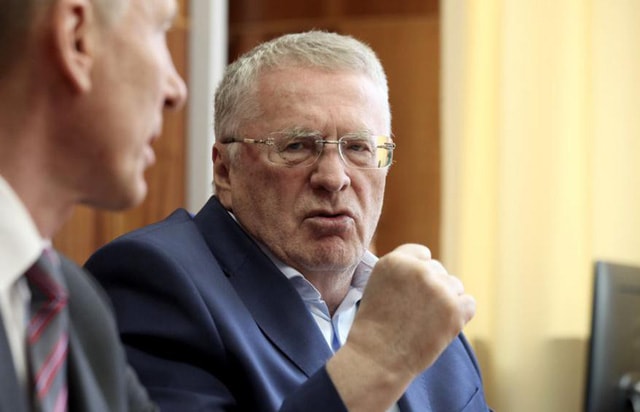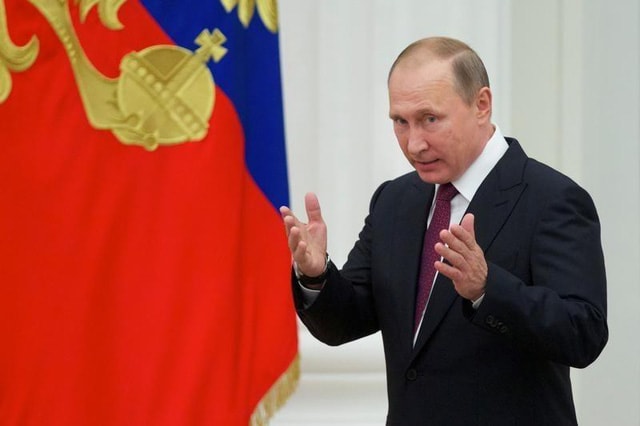Putin's first official rival in the Russian election has emerged.
The Russian Central Election Commission (CEC) has confirmed the leader of the Liberal Democratic Party of Russia (LDPR), Vladimir Zhirinovsky, as the first official candidate in the 2018 Russian presidential election.

Russian presidential candidate Vladimir Zhirinovsky. Photo: Moscow News Agency.
According toRTThe decision to allow Vladimir Zhirinovsky, leader of the LDPR party and a populist Russian veteran, to officially become the first candidate to run for president of Russia was made at a session of the Central Election Commission (CEC) of Russia on December 29, 2017.
After receiving the certificate as an official presidential candidate, Mr. Zhirinovsky asked the members of the CEC to “pay more attention to establishing fair conditions for the election campaign of all candidates in the mass media.”
Since June 2015, Mr. Zhirinovsky was one of the first Russian politicians to publicly announce his intention to run for the presidency to succeed current President Vladimir Putin. On December 20, the LDPR party's election conference voted to allow Mr. Zhirinovsky, as party leader, to run for president. Then on December 22, Mr. Zhirinovsky submitted the necessary documents for his candidacy to the CEC.
Mr Zhirinovsky's being awarded the certificate means that all the documents in his candidacy are valid and he can begin his official campaign as a presidential candidate.
Because the LDPR holds a number of seats in the federal parliament, Mr Zhirinovsky is exempt from the process that other candidates must go through: collecting signatures from supporters. For candidates representing a political party without seats in parliament, they must collect at least 100,000 signatures of support. For independent candidates, the required number of signatures is 300,000.
Potential candidates

President Putin runs as an independent candidate. Photo: Reuters
To date, the CEC has received a total of 64 applications from candidates running for the Russian presidency, including 21 from political parties and 43 from independent candidates. According to the plan, January 7 is the last day for independent candidates to complete their applications to the CEC, while the deadline for party candidates is January 12.
The Russian presidential election campaign officially began in mid-December last year. The Russian Senate approved the presidential election date of March 18.
Thirteen parties have now completed the registration process and seven candidates have opened bank accounts to manage their campaign spending. Several applications have been rejected, including that of opposition leader Alexei Navalny, who is barred from running because of his criminal record.
Potential candidates in this year's Russian election include incumbent President Putin, who is running as an independent, founder of the liberal Yabloko party Grigory Yavlinsky, leader of the pro-business Development Party Boris Titov, head of the Grand Lodge of Russian Freemasons Andrey Bogdanov, and journalist Ksenia Sobchak.
Russia’s largest opposition party, the Communist Party, surprised many voters and experts by backing the head of a large agricultural company, Pavel Grudinin, instead of the party’s veteran leader and former presidential candidate, Gennadiy Zyuganov. Mr. Grudinin is not a member of the Communist Party, but Russian law allows parties to support non-party candidates.
